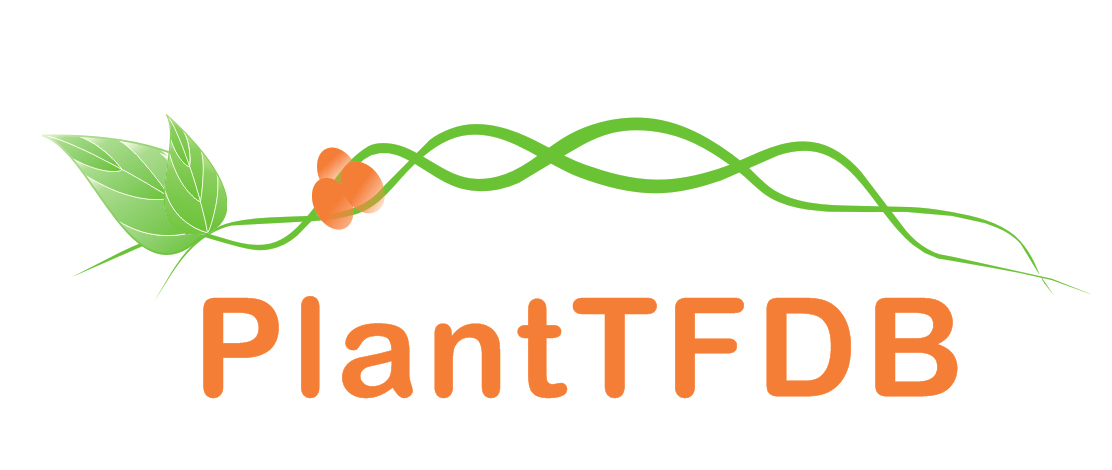 |
PlantRegMap/PlantTFDB v5.0
Plant Transcription
Factor Database
|
| Home TFext BLAST Prediction Download Help About Links PlantRegMap |
| Species | TF ID | Description |
|---|---|---|
| OGLUM01G02850.1 | RAV family protein | |
| OGLUM01G31260.1 | RAV family protein | |
| OGLUM05G26380.1 | RAV family protein |
The AP2/ERF superfamily is defined by the AP2/ERF domain, which consists of about 60 to 70 amino acids and is involved in DNA binding. These three families have been defined as follows. The AP2 family proteins contain two repeated AP2/ERF domains, the ERF family proteins contain a single AP2/ERF domain, and the RAV family proteins contain a B3 domain, which is a DNA-binding domain conserved in other plant-specific transcription factors, in addition to the single AP2/ERF domain.
It has been demonstrated that the AP2/ERF proteins have important functions in the transcriptional regulation of a variety of biological processes related to growth and development, as well as various responses to environmental stimuli.
Recently, the involvement of members of the RAV family in ethylene response and in brassinosteroid response was reported.
Toshitsugu Nakano, Kaoru Suzuki, Tatsuhito Fujimura, and Hideaki Shinshi.
Genome-wide analysis of the ERF gene family in Arabidopsis and rice.
Plant Physiol, 2006. 140(2): p. 411-32.
PMID: 16407444
The third class of AP2/EREBP-like proteins that have been shown to bind DNA consists of Arabidopsis RAV1 and RAV2. RAV1 and RAV2 are highly related proteins that contain two DNA binding motifs: a single AP2 repeat and a B3-like domain. RAV1 binds to a bipartite recognition sequence with the AP2 repeat binding to a CAACA motif and the B3 domain binding to a CACCTG sequence. Although either domain can bind DNA on its own, a much higher DNA binding affinity is achieved when both domains are present. The AP2 domains of RAV1 and RAV2 are more diverged from those of the EREBP-like proteins and may be considered a third subfamily of the AP2/EREBP family.
Nole-Wilson S, Krizek BA.
DNA binding properties of the Arabidopsis floral development protein AINTEGUMENTA.
Nucleic Acids Res. 2000 Nov 1;28(21):4076-82. Erratum in: Nucleic Acids Res 2001 Mar 1;29(5):1261.
PMID: 11058102



